
School ethos is not the barrier to teaching Relationship and Sexuality Education (RSE) it can be perceived to be, the Dáil Committee on Gender Equality has been told.
Following a review, “what we found was that the biggest barriers to inclusive effective and child-centred RSE was teacher confidence and competence,” said Dr Patrick Sullivan, deputy chief executive of the National Council for Curriculum and Assessment (NCCA).
“What can happen is that, with a teacher who is feeling unconfident and maybe a little bit unsure of themselves in the classroom, that they can think about, ‘maybe I can’t address that particular issue, maybe it’s not age and stage appropriate for me to speak about this issue with these groups of children,’” he said.
NCCA education officer Annette Honan told the Committee how “we met groups of teachers, students, school leaders and parents across 20 schools as part of the review of a variety of types of schools and we didn’t fudge it. We directly asked: ‘Is school ethos a barrier to more effective RSE or is it inhibiting you in any way in addressing topics across the curriculum?’ It didn’t come up unprompted,” she said.
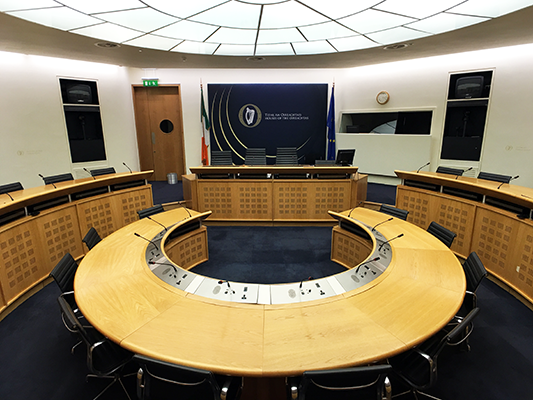
A special Oireachtas Committee to examine legalising assisted suicide is expected to commence in October, according to People Before Profit TD Gino Kenny.
The formation of the committee was recommended in July, following the passage of the so-called Dying with Dignity Bill in the Dáil last year.
That legislation would give a medical practitioner the legal right to assist a terminally person to end their life.
The Oireachtas Justice Committee recommended the formation of a special committee on the issue earlier this year, after finding that the proposed legislation had “serious technical issues” and warranted more detailed examination.
Committee chair James Lawless also said at the time that the gravity of the topic would benefit from more thorough consideration.

Couples in England and Wales could soon be able to get married on beaches, in gardens and on ships under the biggest overhaul of wedding law since the 19th century.
The Law Commission proposes that weddings should be able to take place in “any safe and dignified location”, such as family homes, gardens, beaches, forests, parks, village halls and cruise ships.
The officiant, not the location, would be regulated, and couples would have more freedom to personalise the content of their ceremony.
The proposed changes would enable couples to wed in “smaller and cheaper” venues, with increasing demand for more affordable, personal options.
The commission says a set of universal rules would apply across religions and civil weddings, and could also include legalising non-religious belief ceremonies such as humanist weddings.
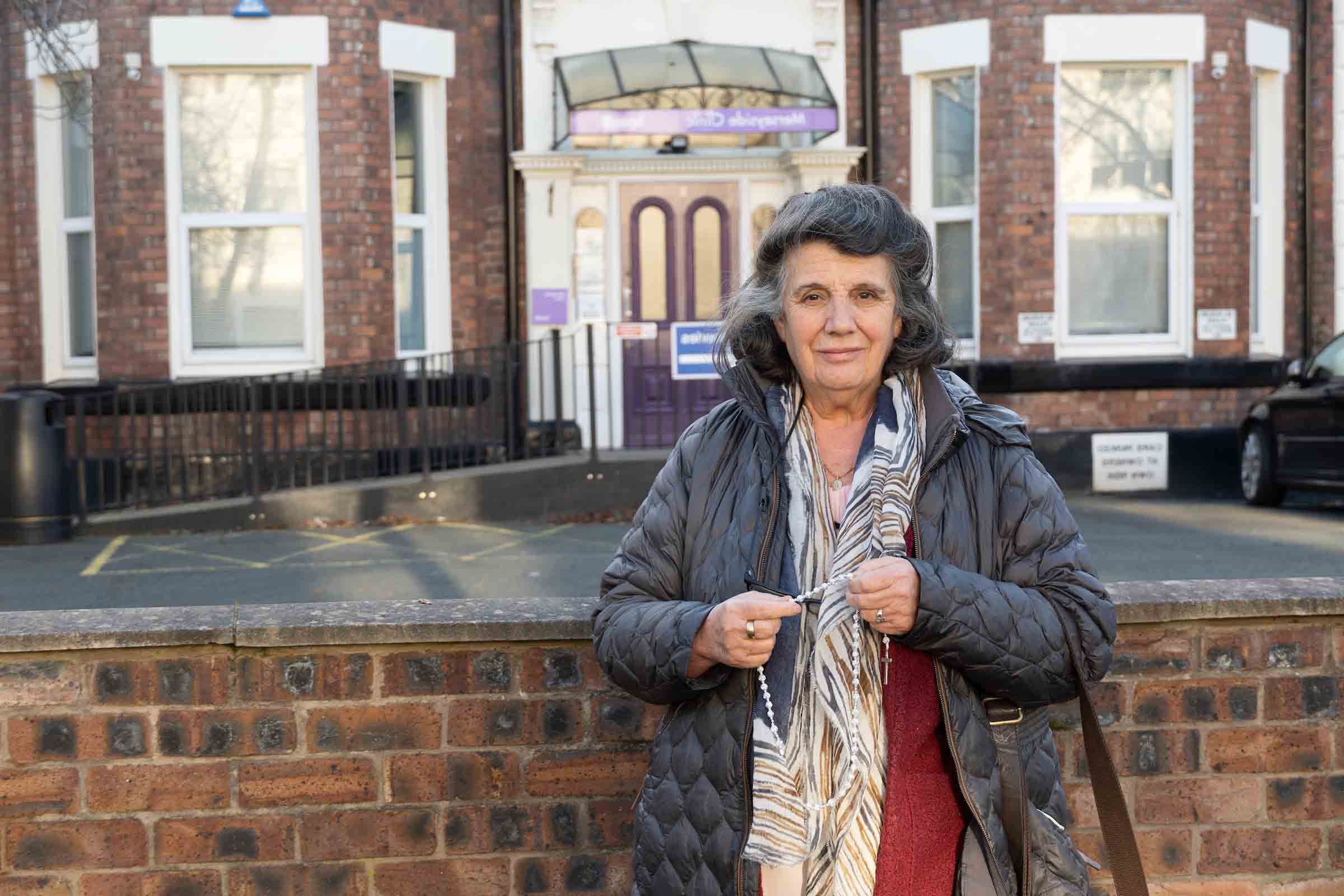
A 76-year-old English grandmother who was fined for praying near to an abortion clinic has successfully overturned her financial penalty, but human rights campaigners still fear that the initial fine represents “a worrying trend in law enforcement” regarding certain beliefs.
Rosa Lalor, from Liverpool, England, was issued the fine during the country’s lockdown in February 2021 after a policeman questioned why she was outdoors. She replied that she was “walking and praying.”
The officer involved said that this was not “a reasonable excuse,” that she was in fact protesting, and so she was then arrested, detained, and fined.
As a result of a legal challenge, supported by the organization ADF International, Merseyside Police have now conceded that Lalor should not have been detained due to the fact she was firmly within her rights to silently pray while out walking and that her actions were reasonable and acceptable under COVID-19 regulations.

The UK Supreme Court is considering the validity of Northern Ireland’s ban on “direct” and “indirect” pro-life “influence” in a 100m vicinity of abortion facilities in a hearing over two days this week.
The legislation in question – The Abortion Services (Safe Access Zones) Northern Ireland Bill – was adopted in the Northern Irish Assembly on 24 March 2022, having been sponsored by the leader of the Green Party in Northern Ireland, Clare Bailey, who subsequently lost her seat in the recent parliamentary elections.
Northern Ireland’s Attorney General, Dame Brenda King, referred the bill to the Supreme Court citing concerns that the legislation omits a defence of ‘reasonable excuse’ and is therefore incompatible with the European Convention on Human Rights.
One advocate against the law says Can the government should not be able to censor people in public spaces simply because of their pro-life views.
Jeremiah Igunnubole, Legal Counsel for ADF UK, says the criminalisation of any kind of ‘influencing’ is “vague, uncertain and reduces the threshold of criminality to an impermissibly low level”.
“This broadly drafted law would hand arbitrary power to police officers, with the inevitable consequence being the unjust arrest and prosecution of those expressing pro-life views, even though such views are protected under domestic and international human rights law,” he said.
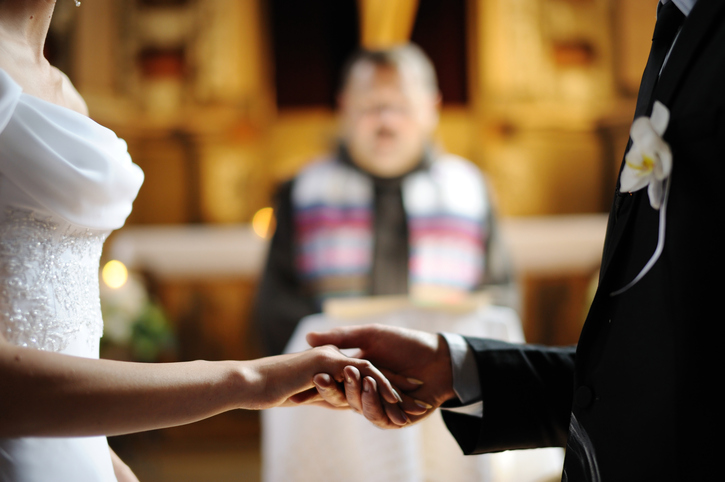
Religious men and women who married in their twenties without cohabiting first have the lowest odds of divorce in America today, according to a recently published study.
Sociology professor and National Marriage Project director W. Bradford Wilcox says his latest empirical study along with demographer Lyman Stone supports the traditional model of marriage.
Americans who cohabit before marriage are less likely to be happily married and more likely to break up. Couples who cohabited were 15pc more likely to get divorced than those who did not, according to our research. A Stanford study cited other research finding that the link between cohabitation and divorce was especially strong for women who cohabited with someone besides their future husband, he said.
“The conventional wisdom holds that spending your twenties focusing on education, work and fun, and then marrying around 30 is the best path to maximize your odds of forging a strong and stable family life. But the research tells a different story, at least for religious couples. Saving cohabitation for marriage, and endowing your relationship with sacred significance, seems to maximize your odds of being stably and happily married,” he says.
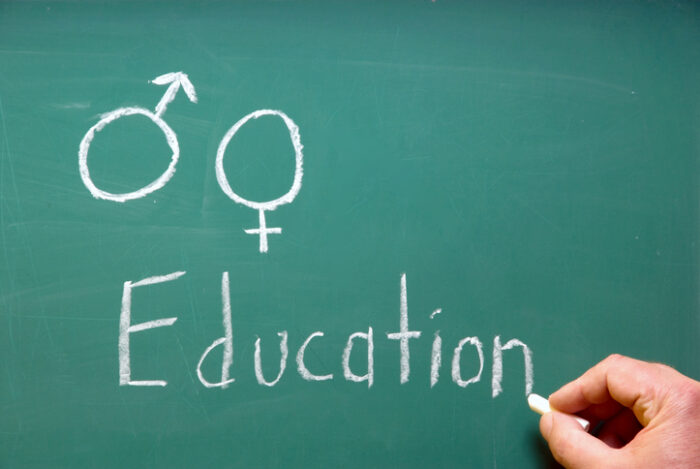
The publication of a new curriculum that proposes to teach Junior Cert students about the influence of pornography has led one opposition TD to ask why the Government is teaching children about internet porn rather than stopping it.
The National Council for Curriculum and Assessment (NCCA) and Minister for Education Norma Foley yesterday launched a public consultation on the draft Social, Personal and Health Education curriculum which is due to be implemented in schools from 2023.
The proposed revamp of Relationships and Sexuality Education (RSE) for the Junior Cycle includes topics like healthy, unhealthy and abusive relationships, human sexuality and gender identity, consent, the importance of safer sexual activity and the influence of digital media including pornography and the sharing of digital images online.
In response, Aontú leader Peadar Tóibín TD, said the links between hardcore pornography being consumed by children as young as 10 years old and sexual violence and abuse is well known.
However, he said, “Instead of tackling the consumption by children of hardcore pornography at source the government are going to allow it to continue and try to teach young children to navigate their way through it. While there does not seem to be much detail provided as to how this will be delivered, no doubt many parents will be extremely concerned at this plan”.
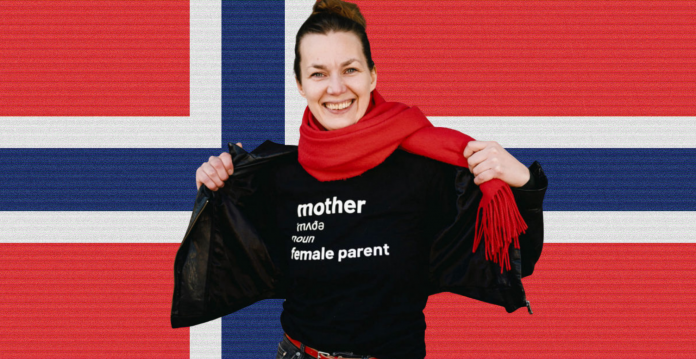
Christina Ellingsen, a representative of feminist organszation Women’s Declaration International (WDI) is being investigated under hate crime charges for tweets she made between February 2021 and January 2022.
Ellingsen’s charges are centered around her questioning why a trans activist group promoted the belief that biological men who identify as women could be lesbians. While police are still investigating, if she is found guilty, Ellingsen could face a prison sentence of up to three years.
At the time, WDI Norway (formerly WHRC Norway) warned that the introduction of the concept into law would result in persecution of women for stating biological facts.
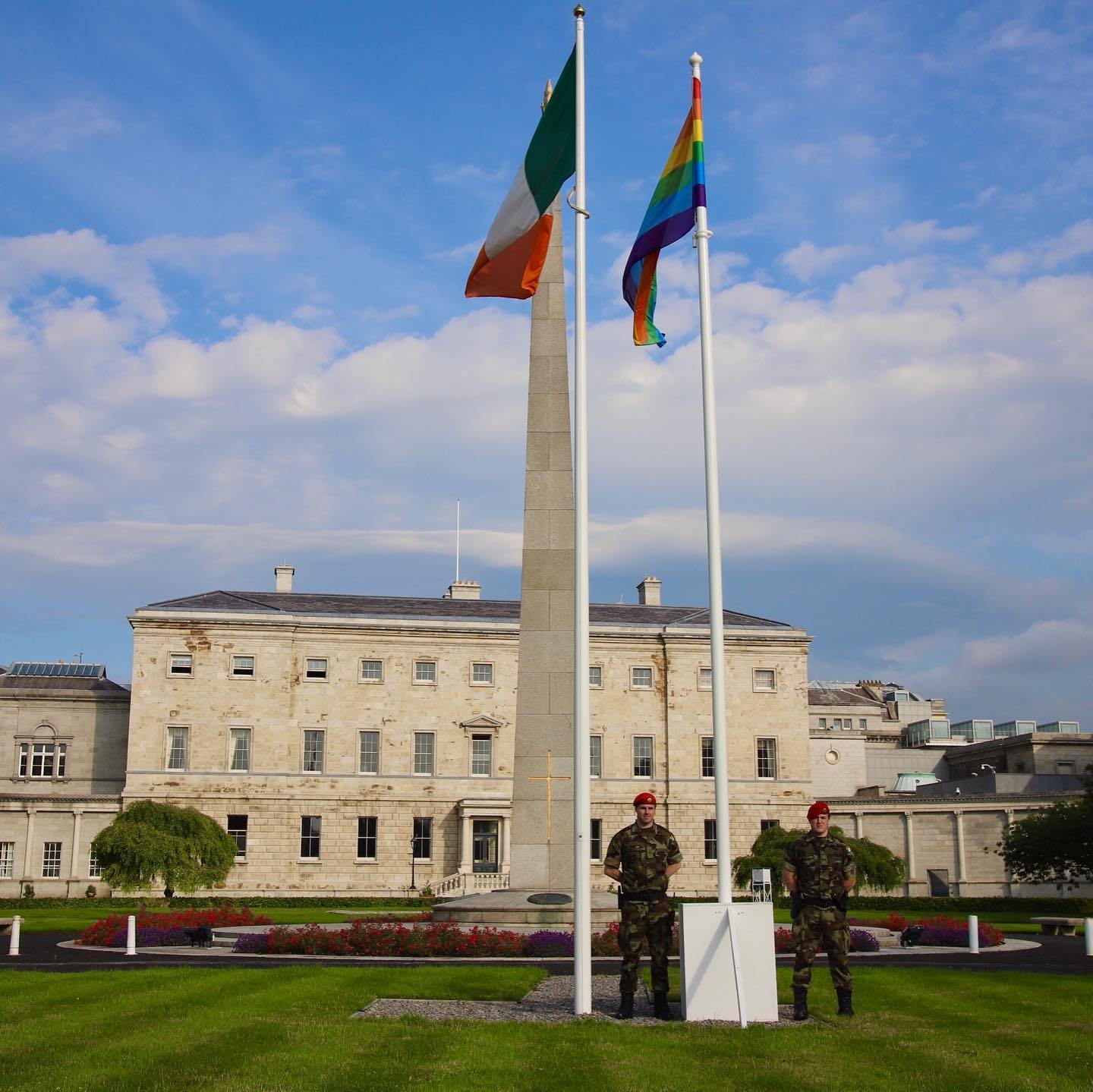
A Spanish High Court has ruled that “the exhibition of the rainbow flag violates the principle of ideological or political neutrality” and directed Government buildings to stop displaying it.
In 2020, the Spanish Supreme Court had banned non-official flags from official buildings and public spaces. However, in defiance of that ruling, LGBT flags were hung from public institution buildings in Valladolid in 2021 to mark Pride celebrations.
A Spanish Foundation of Christian Lawyers brought a case against the move and last week the Superior Court of Justice of Castilla y León said that “the rainbow flag is a symbol with sufficient ideological weight or significance that transcends the merely social, penetrating the political .”
“And so, the ideological burden of the banner cannot be denied , proceeding with its withdrawal,” it ruled.
“It cannot be denied that the current political parties, some moderately in favor, others actively in favor, others moderately against and others actively against” what was raised in the debates on the LGBT issue “denotes the non-political neutrality of the debate, for what the exhibition of the collective symbol violates the required neutrality”.
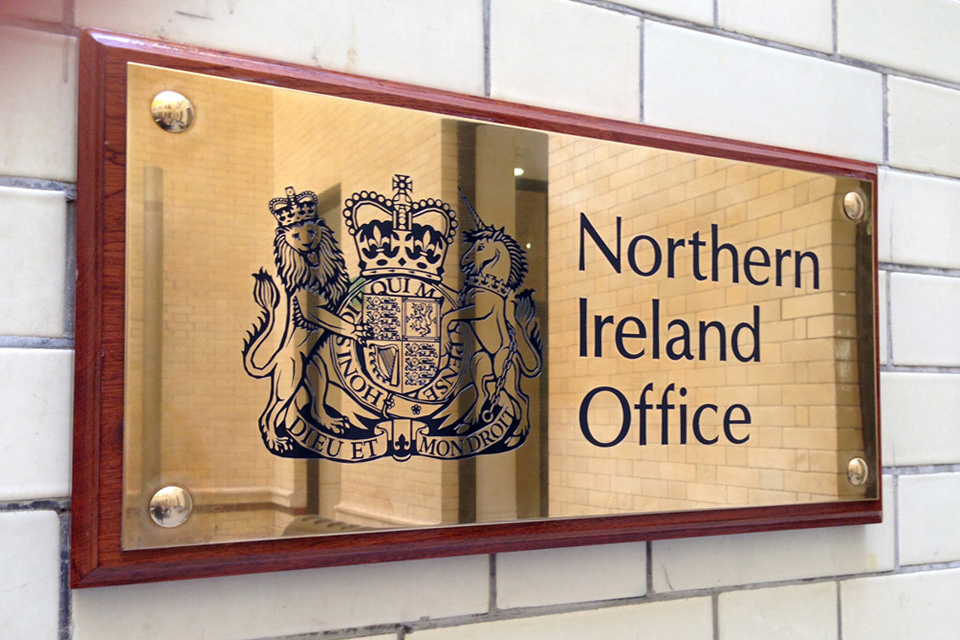
A £1.9 million funding package going exclusively to integrated schools in the North has been described as “bias” and disregards “the current emergency crisis within our education system”.
Aontú’s Gemma Brolly, who is a teacher based in Derry, said that while her party support integrated education as a choice for parents, they should not be prioritised for funding.
Mrs Brolly said the intent of the bill is to place integrated education “top of the pecking order”.
Before quitting as Northern Ireland Secretary of State last week, Brandon Lewis announced the integrated education funding package. He said that, “Seeing greater integration of education across Northern Ireland is an absolute priority for me” and “My hope is that integration will soon become the norm and not the exception in schools across Northern Ireland”.
Mrs Brolly said: “With undervalued staff on the brink of strike, underpay, endless damning reports, waiting lists and under resourced schools, surely the priority of the Secretary of State, every governing body and representative should be to repair our education system in its entirety?
“That is what we in Aontú will prioritise in education. We need inclusive and beneficial education for all. That is what we have worked for and what we will continue to work to achieve.”